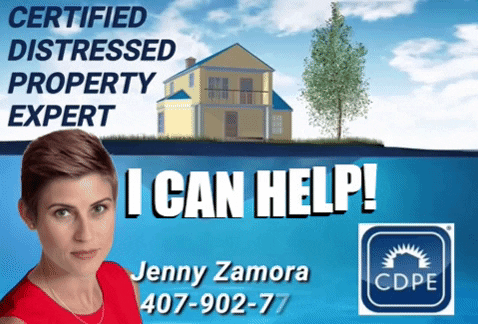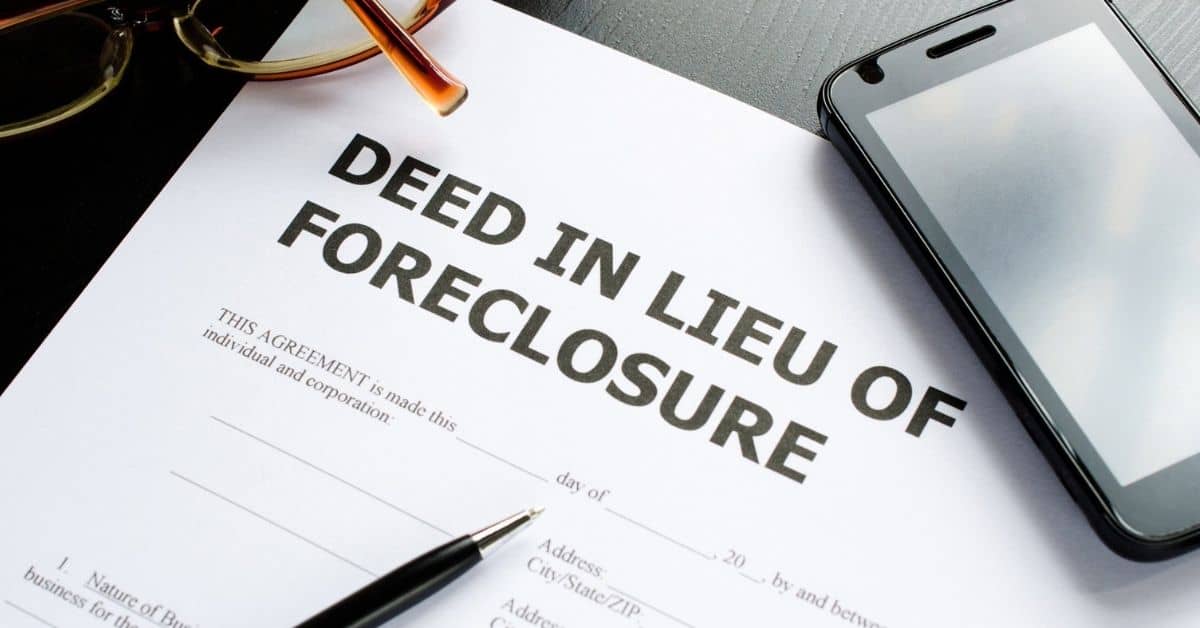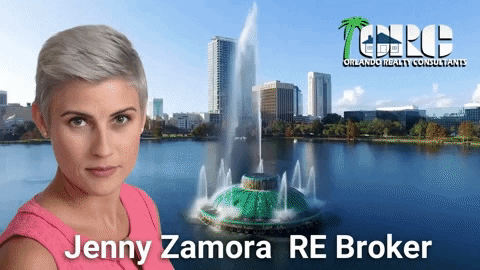A deed in lieu/ foreclosure with a smile
By now just about everyone living in Orlando has heard of terms such as “short sale” , “deed in lieu”, loan modification, etc. It’s important to know exactly what the difference is between these terms are and what the implications are. For example; many homeowners believe that a deed in lieu is the same as doing a short sale. This couldn’t be further than the truth. A deed in lieu is simply put is a foreclosure with a smile on it’s face or a “voluntary foreclosure”.
An overlooked downside to a deed in lieu of foreclosure is the possible forgiveness of the deficiency balance. Under federal law, a creditor is required to file a 1099C whenever it forgives a loan balance greater than $600. This may create a tax liability for the former property owner because it is considered “income.” However, the Mortgage Forgiveness Debt Relief Act of 2007 provides tax relief for some loans forgiven in 2007 through 2012.
The key issue in a deed in lieu of foreclosure is whether the lender is willing to forgive the deficiency balance. Make sure to read the contract carefully to see how the deficiency balance issue is handled. If the document is unclear, take it to an experienced Orlando real estate attorney with experience in property law. An attorney’s time is not cheap, but will be a bargain compared to signing an agreement you do not understand and are surprised later to realize its implications.
Consider Doing an Orlando Short Sale Instead of a deed in lieu
I’ve had a countless number of Orlando homeowners over the years come into my office asking me to explain the difference between a deed in lieu and a short sale. By doing an Orlando short sale the lender agrees to accept less than the balance owed on the mortgage at sale. The deficiency balance may be forgiven and you also may qualify for a “Cash for Keys” program which means that by doing a short sale, your lender may give you a cash incentive [between 3- 30 thousand dollars] . On the other hand a deed in lieu of foreclosure is basically a voluntary foreclosure n which you sign the deed over to the lender and walk away. However, a foreclosure, unlike a deed in lieu of foreclosure, the ownership of the property is not transferred to the mortgage holder, and remains with the owner.
The lesson here is if you are considering either a deed in lieu of foreclosure or a short sale you must review the terms and conditions carefully and make certain you understand whether the deficiency balance is forgiven. This is why it’s absolutely crucial to consult with an Orlando Real Estate expertwhen making such an important decision.
Lenders prefer short sales over taking a property to foreclosure because they don’t want to own distressed properties. They would much rather see the owner sell the property and lose the deficiency balance than be forced to take the property through foreclosure, as foreclosure is a costly and time-consuming process.
Another reason to consider a Orlando short sale over a foreclosure is that Foreclosure auctions tend to bring significantly less money than a normal sale would bring. If the sale brings less than the amount owed on the loan, the remaining balance of the loan is called a deficiency balance. This means that you could end up with a deficiency judgment against you for the balance.
If you still have questions about Orlando short sales, come see us for a free consultation. We’ve been specializing in Florida short sales and our team of Certified Distressed Property Experts are up to date on the latest laws and regulations when it comes to Orlando real estate ensuring that our clients get the best options available to them.
Jenny Zamora, Lic. RE Broker, CDPE









